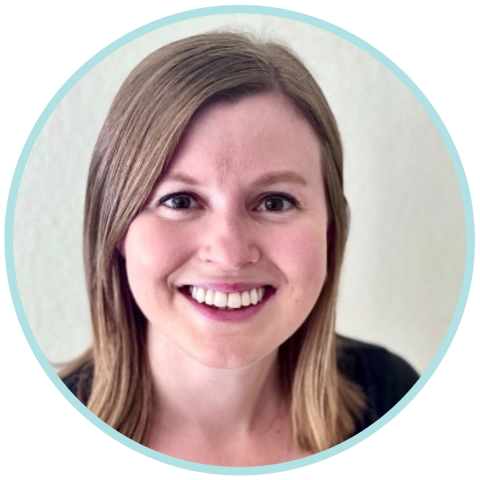Abby Niesen’s PhD research at the University of California, Davis (UC Davis) focused on improving outcomes for knee replacement surgeries. Her research took her into operating rooms, to patient follow-up exams, and to international conferences to report on her findings.
Knee replacement surgery is not new. The ARCS Alumna from the Northern California Chapter says it’s “a common surgery in the US. We have over one million people a year getting knee replacements. But the outcomes for knee replacement are worse than other common joint replacement surgeries such as hip replacements.”
Dr. Niesen’s work in the UC Davis Department of Biomedical Engineering allowed a multidisciplinary approach. “I didn't want to be just an engineer behind the computer,” Dr. Niesen states. “By working with the patients, the clinicians, and the surgeon, I was able to grasp much more than the typical engineer,” she says. Dr. Niesen conducted a two-year clinical study on seventy patients receiving total knee replacement using an individualized surgical technique. She attended their surgeries and coordinated follow-up appointments to track outcomes.
While conducting her research, Dr. Niesen discovered that orthopedic researchers have not been reporting systematic errors when collecting data on the success of total knee replacement surgery. Not recording this error prevented researchers from properly analyzing and comparing data. “Being a newcomer to the field, I had a fresh perspective,” Dr. Niesen says. “I realized something other people in the field didn’t realize was missing.”
To carry out her study, Dr. Niesen reached out to experts in the Netherlands who were knowledgeable about Radiostereometric analysis (RSA), a technique used to predict long-term implant stability by studying its early behavior.
“RSA is common in Europe. It's less common in the US. But using RSA was necessary for achieving the objectives of my study,” Dr. Niesen says. “RSA is not a new methodology. It evaluates new surgical techniques, implant designs, or both. But in terms of using RSA for the individualized surgical technique I was investigating, previous research was limited.”
Anytime there’s an innovation, RSA is a valuable check that should be done. Some European countries may require RSA as part of the regulatory approval process. “The US doesn’t have the same requirements, but it definitely helps to know what’s happening in the first two years of implantation to predict long-term outcomes,” says Dr. Niesen.
 “One component of RSA is to place markers in the bone to track how the implant moves relative to the bone. The markers are placed during surgery, so they appear on X-rays. I was present in the operating room to ensure everything went smoothly,” she explains.
“One component of RSA is to place markers in the bone to track how the implant moves relative to the bone. The markers are placed during surgery, so they appear on X-rays. I was present in the operating room to ensure everything went smoothly,” she explains.Dr. Niesen shares that the ARCS Scholar Award was helpful, “especially in my last year, which was the final push to get this project done and published.” She is also “very grateful for the people I met and the networking opportunities” related to ARCS. “The opportunity to get my research out in front of people and promote my work, as well as learn what other ARCS scholars are working on, was very valuable.”

